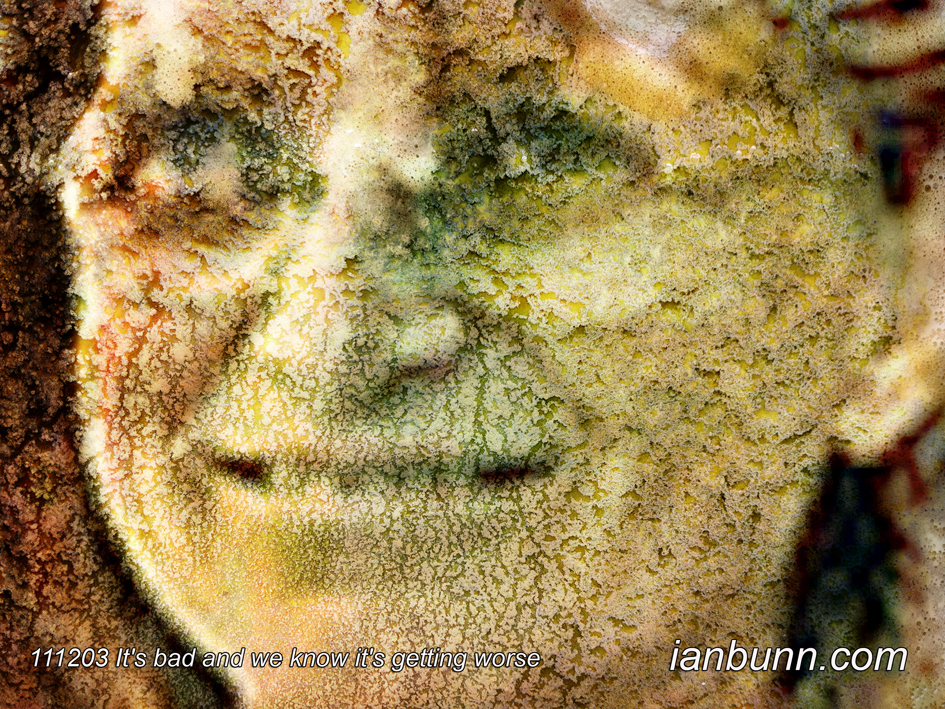 Growing ‘dead zones’ in the world’s oceans (July 9th 2012)
Growing ‘dead zones’ in the world’s oceans (July 9th 2012)
Dahr Jamail the 44 year old American journalist best known as one of the few unembedded journalists to report extensively from Iraq during the 2003 Iraq invasion, has published an article on Aljazeera about the pollution of the world’s oceans, highlighting the alarm of Scientists and experts at amount of plastic debris and growing ‘dead zones’ in the world’s oceans. Jamail states “The amount of plastic floating in the Pacific Gyre – a massive swirling vortex of rubbish – has increased 100-fold in the past four decades, phytoplankton counts are dropping, over-fishing is causing dramatic decreases in fish populations, decreasing ocean salinity is intensifying weather extremes, and warming oceans are speeding up Antarctic melting. … Scientists recently investigated the North Pacific Subtropical Gyre, known as the “Great Pacific Garbage Patch”, and found an “alarming amount” of refuse, much of it comprising individual pieces of very small size. The eastern section of the spiralling mass, between Hawaii and California, is estimated to be around twice the size of Texas, and is having ecosystem-wide impacts… Another phenomenon afflicting Earth’s oceans are “dead zones”. While these can be formed by natural causes, climate change, along with human activities and industrial waste, have greatly aggravated the situation. The US National Oceanographic and Atmospheric Administration released a study showing that rising global temperatures cause oceans to warm, which translates into a decreased capacity to hold oxygen.”
Inspired by Aljazeera ow.ly/c4UXd image source Twitter ow.ly/c4UUI
